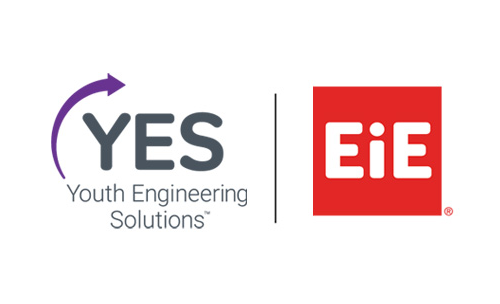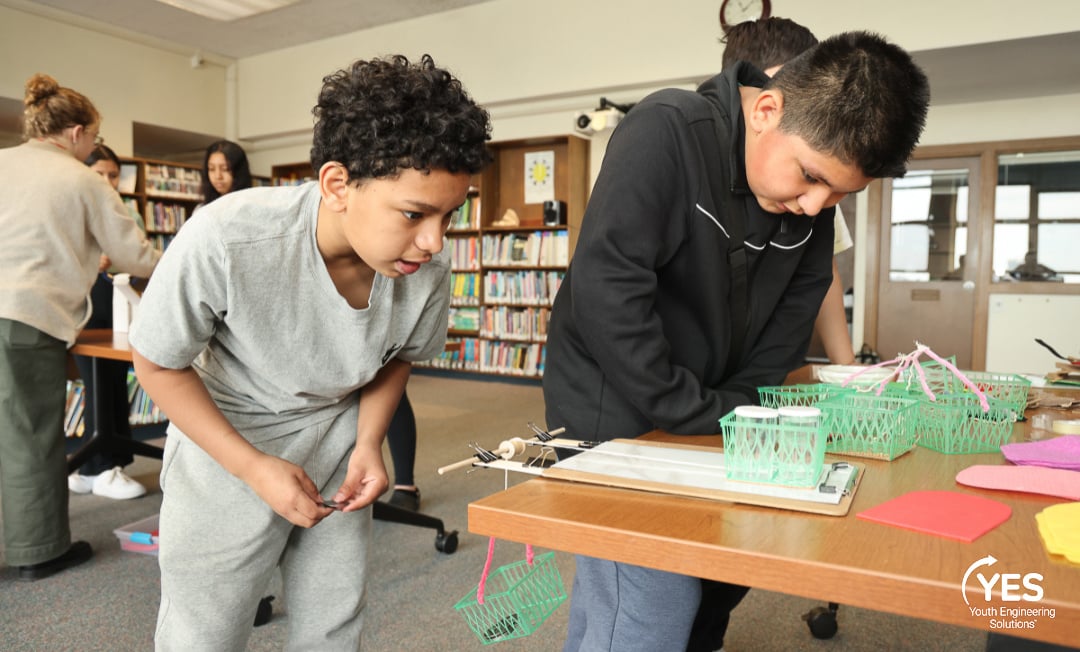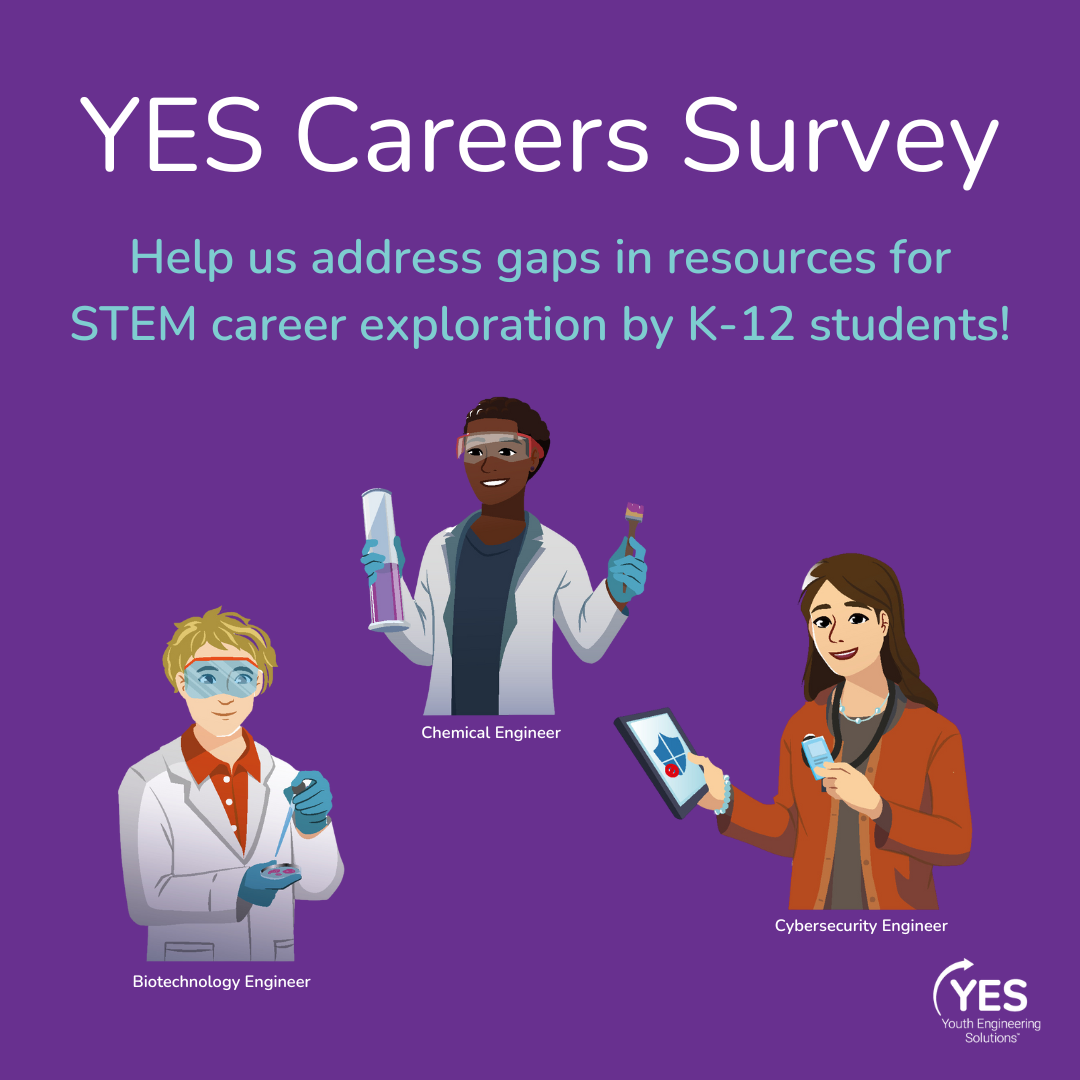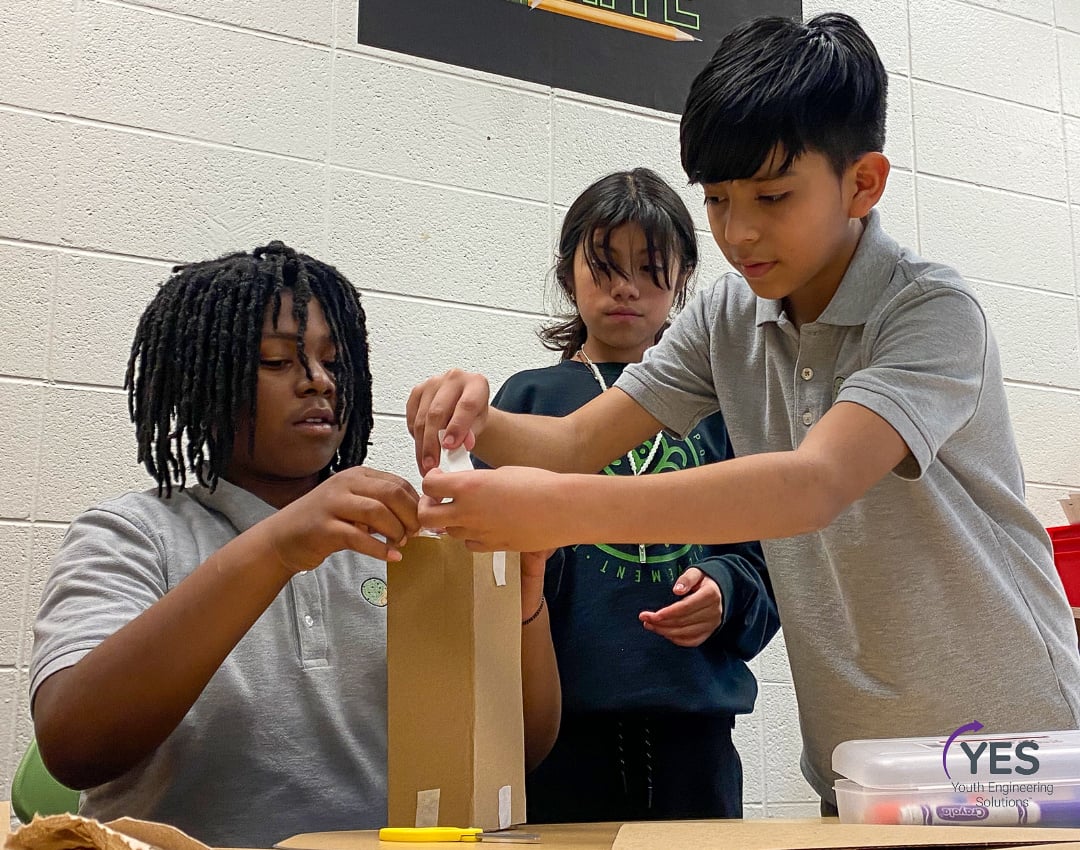The 2015 NSTA national conference wrapped up last weekend in Chicago. One timely conference strand was “Student Learning—How Do We Know What They Know?” 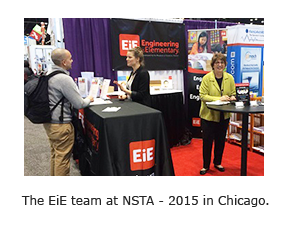
A New Kind of Science Assessment
Many educators view learning as a sociocultural phenomenon, with both social and individual dimensions, and the vision of NGSS is in line with this understanding. The eight NGSS practices are things that scientists and engineers typically do with their peers, as part of a team, like carrying out investigations, interpreting data, or making arguments based on the evidence. Advances in both fields rarely come from a lone genius locked in a lab.
But student assessments are typically framed for individuals; after all, schools assign grades to individual students and have to provide evidence that each student gained skills and understandings. It’s difficult to implement assessments of collaborative learning, for example by observing and analyzing student conversations. 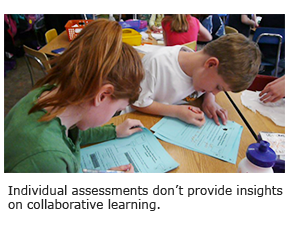
Another consideration in creating new assessments: the current thinking is that they’re not just for teachers teachers. Students can—and should—control their own learning, and that process includes self-assessing. Well-designed assessments should engage students in setting their own goals and making a plan to reach those goals.
So how do we create the next generation of science assessments? The process will take time. It’s not just that educators have to conduct research and develop new assessments. They also need to test the new tools, in classrooms where students have been using the integrated approach laid out by NGSS for a while.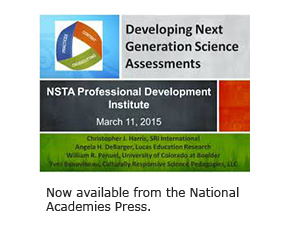
Recently, the National Academies Press released a report recommending strategies for creating new science assessments. And some sample assessment tasks are available for middle school and high school students—but not elementary school.
Assessment in the EiE Classroom
Teachers who use Elementary is Engineering DO have some tools for assessing the impact of learning with EiE. As part of our curriculum development process, we created assessment tools you can use for both formative and summative evaluation.
These are not just multiple-choice forms. Kids also draw pictures, write persuasive letters, review evidence, and make their best arguments. Assessments are available for each of the four lessons in all 20 EiE units and come in two versions, for lower and upper elementary students. We also provide guidelines for evaluating your students’ work.
EiE assessments are easy to download from our website; you can access them through our Resources page, or check out the landing page for each unit.
Many assessment questions were originally developed within the context of an EiE research project and have been carefully tested for validity. You can review and download the original research instruments from our Research page.
Every well-designed assessment begins with an educator who sets clear learning goals for students. So we also offer a professional development workshop, “Improving Your EiE Practice,” that gives you a chance to explore and analyze learning goals for EiE activities; you’ll also learn ways to measure how successfully your students meet those goals.
We also continue to develop new assessments as part of an NSF-funded efficacy study. Stay tuned!
Engineering is Elementary is a project of the National Center for Technological Literacy at the Museum of Science, Boston.
